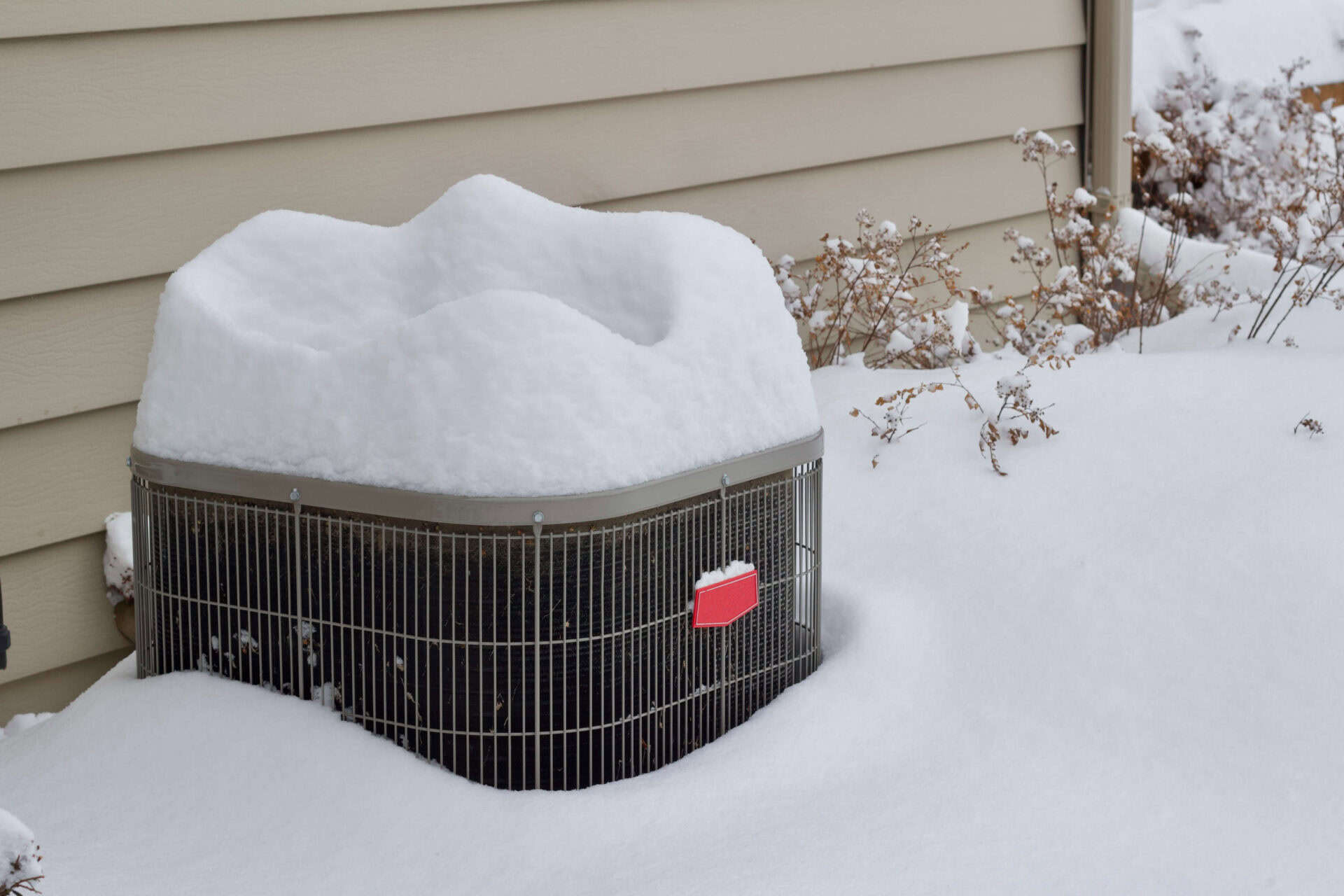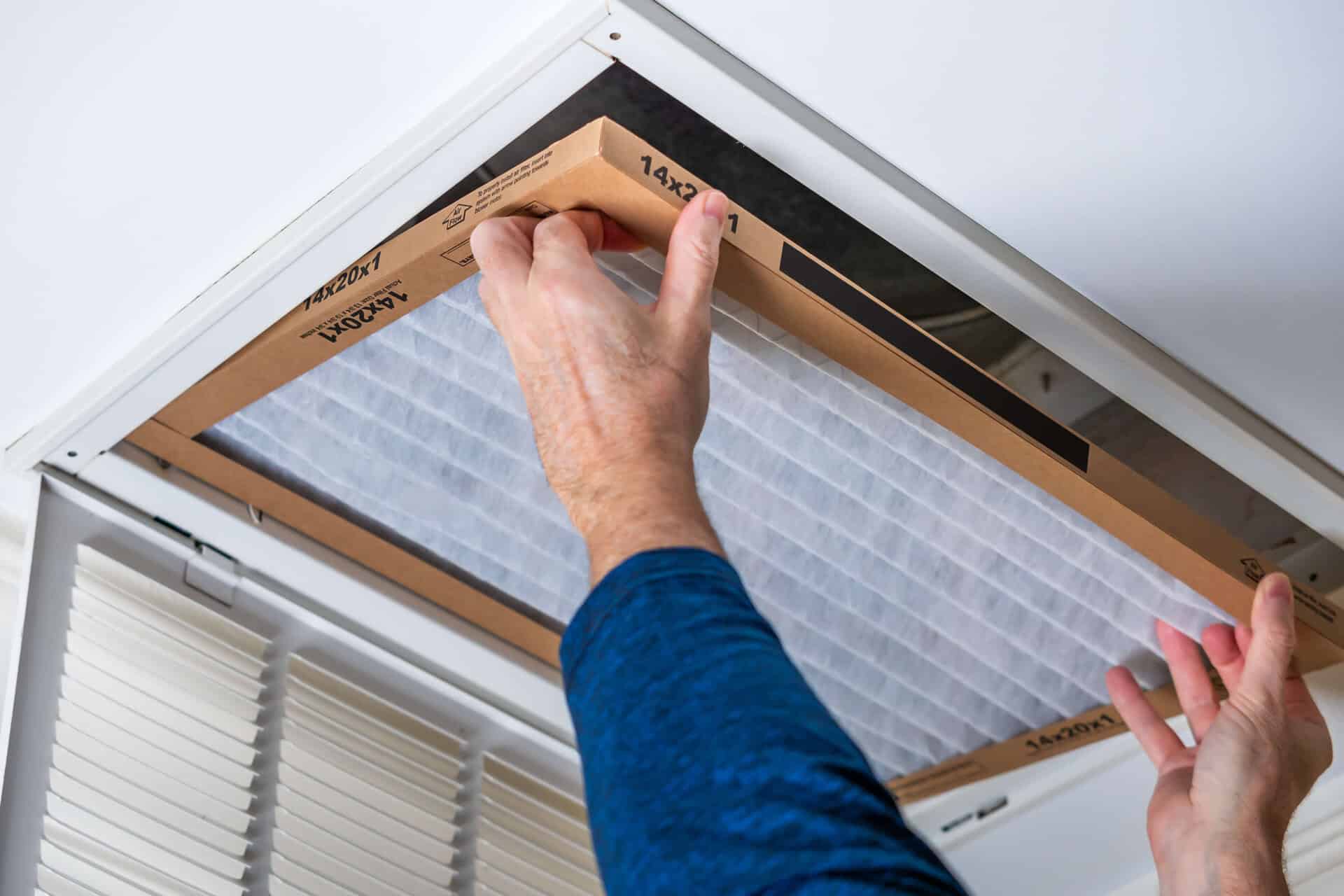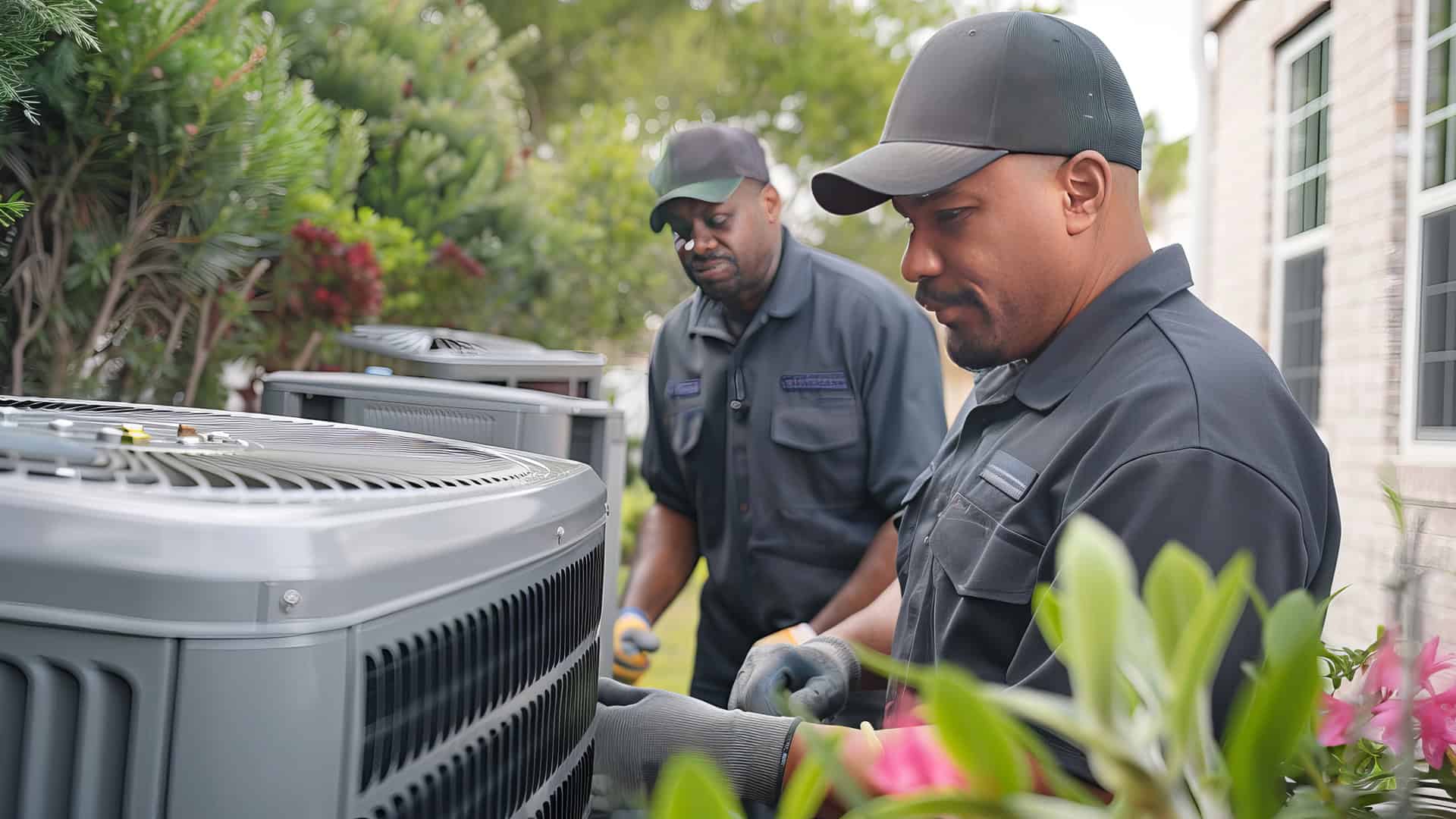Your HVAC system is your home’s unsung hero, providing comfort year-round by keeping you cool in the summer and warm in the winter. But did you know that the weather outside plays a major role in how well your system works? Extreme temperatures, humidity, and even the change of seasons can have a direct impact on how efficiently your AC and heating system perform.
The Impact of Weather on Your HVAC System
Hot Weather and Your AC System
When the outside temperature rises, your air conditioning system works harder to cool your home. The hotter it gets outside, the more stress it puts on the system, especially if it’s not properly maintained. High outdoor temperatures can cause:
- Increased energy consumption: Your AC has to work overtime to keep up with the demand for cool air.
- Potential for freezing: On extremely hot days, the evaporator coil inside your AC can freeze if there isn’t enough airflow or the refrigerant level is low, causing the system to stop cooling efficiently.
In hot weather, your AC is trying to maintain a set indoor temperature, but extreme conditions can make that difficult. If your system is struggling or can’t keep up, there are a few signs to look out for.
Cold Weather and Your Heating System
When the temperature drops, your heating system has to work harder to maintain warmth in your home. In colder months, heating systems are taxed by both the demand for heat and the cold air that can sneak in through cracks or poorly insulated areas. If your heater isn’t performing well in winter, the cold outside may be contributing to its inefficiency.
- Increased wear and tear: Cold temperatures can accelerate the wear on parts like the heat exchanger, causing your system to break down.
- Poor air circulation: If your heater can’t properly circulate warm air throughout your home due to clogged ducts or other issues, you’ll feel the cold spots more.
Signs Your HVAC System May Not Be Performing Well
Whether it’s too hot or too cold outside, there are several warning signs that your HVAC system isn’t functioning as it should. If you’re noticing any of these issues, it may be time to call in a professional HVAC technician:
- Inconsistent Temperature: If some rooms are too hot or too cold despite adjusting the thermostat, your system may not be working efficiently. Poor airflow or issues with the thermostat could be to blame.
- Strange Noises: Hearing odd sounds like rattling, buzzing, or grinding could indicate something is wrong inside the system, such as a loose part or malfunctioning fan.
- Poor Airflow: If air isn’t flowing as it should through your vents or if some areas of the home feel stuffy or stagnant, there may be an airflow issue. This could be related to clogged filters, dirty ducts, or a failing fan.
- Increased Energy Bills: If your energy bills spike without any obvious reason, it could mean your HVAC system is working harder than it should. This often happens when the system is overcompensating for extreme weather conditions.
- Short Cycling: If your system frequently turns on and off without running for an extended period, it’s called short cycling. This can be caused by a variety of issues, including temperature imbalances, clogged filters, or even problems with the thermostat.
- System Won’t Turn On or Off: If your HVAC system isn’t responding to your thermostat’s settings, there may be a serious issue with the electrical components, the thermostat itself, or a deeper problem in the system.
When to Call an HVAC Technician
If you notice any of these issues or if your system is struggling during extreme weather conditions, it’s important to reach out to an HVAC professional. A technician will be able to diagnose the issue, repair any damage, and help optimize your system’s performance.
Proper Maintenance Checklist: A Few Things to Consider
It’s important to note that weather isn’t the only factor affecting your HVAC system’s performance. Before troubleshooting or calling a technician, make sure the following factors are in check:
- Proper Airflow: Ensure there are no obstructions around vents or registers that could be restricting airflow.
- No Damage to the Air Duct System: Leaks or damage to ducts can lead to poor airflow and cause your system to work harder.
- Clean Air Filter: A dirty or clogged air filter can block airflow, causing your system to overheat, freeze, or fail to cool properly. Replace filters regularly.
- No Electrical Issues: Ensure all electrical connections are secure and that your circuit breaker hasn’t tripped.
- Thermostat Is Working Properly: An inaccurate thermostat can cause the system to operate inefficiently, either overcooling or overheating your home.
With all these factors in check, your HVAC system should be able to handle the extremes of both heat and cold. If you’re ever in doubt, don’t hesitate to reach out to a professional HVAC technician for help. Regular maintenance can ensure your system runs efficiently, keeping you comfortable no matter what the weather brings.


